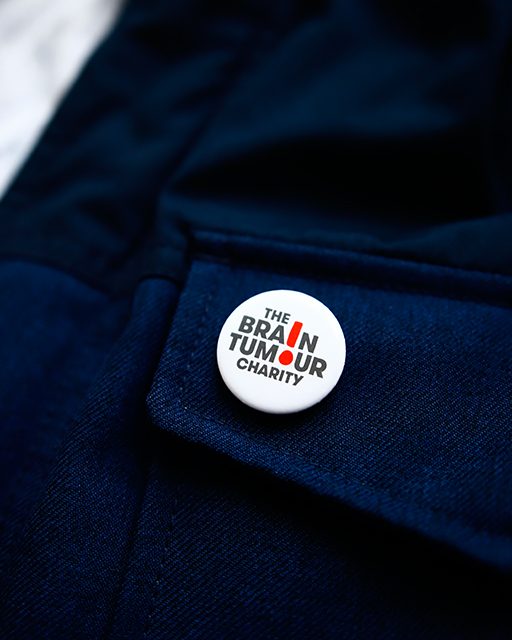The Northern Ireland Cancer Patient Experience Survey adds to the picture of cancer patient experience that has been built up through data collection for similar projects in England and Wales.
Unfortunately, the survey highlights the poor experience of care that patients with tumours of the brain or central nervous system (CNS) face at a number of stages across the care pathway in Northern Ireland.
Only 10% of brain/CNS tumour patients saw their GP a maximum of twice before being referred to hospital, which was the lowest figure of any cancer type. Similarly, only 68% felt they had been told of their cancer diagnosis sensitively, and half of patients had not been given written information about brain/CNS tumours.
In terms of information and support, 90% of brain/CNS tumour patients said that they had been given information about support groups, but lower numbers had received information on the impact cancer could have on their ability to work (71%), and financial help (63%).
After receiving treatment in hospital, the survey revealed, many patients do not feel supported or equipped to live with a brain tumour at home or in the local community. Less than a third (30%) said that they had been given enough care from health or social services after leaving hospital, and just over half (54%) felt their family members had definitely been given all the information they needed to care at home.
The picture was more positive around patients taking part in research, with 37% having been asked whether they wanted to participate in cancer research – the highest proportion of any cancer type. Furthermore, 80% of those surveyed said that they had taken part in cancer research.
Whilst there was a mixed picture about the role of healthcare professionals during the patient pathway, 92% of those with brain/CNS tumours said that they had confidence and trust in all doctors treating them.
“The survey’s findings demonstrate the need for clear improvements in the patient experience of people diagnosed and living with a brain tumour in Northern Ireland,” said Richard Devlin, Northern Ireland Operations Manager.
“We would like to see the survey repeated on an annual basis, so that it is possible to benchmark the experience of patients with high-grade brain tumours in Northern Ireland over a period of time. We would also like the survey to be expanded to include data collection on the experience of patients with low-grade brain tumours and patients under the age of 16.”
The Brain Tumour Charity will be publishing a manifesto ahead of the Northern Ireland Assembly election in 2016, calling on NHS agencies and the Northern Ireland Executive to take action to promote earlier diagnosis and equal access to treatment and care.

Your voice matters
By campaigning with The Brain Tumour Charity, you can help ensure the issues which affect the brain tumour community remain a political priority.
